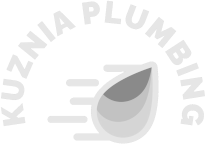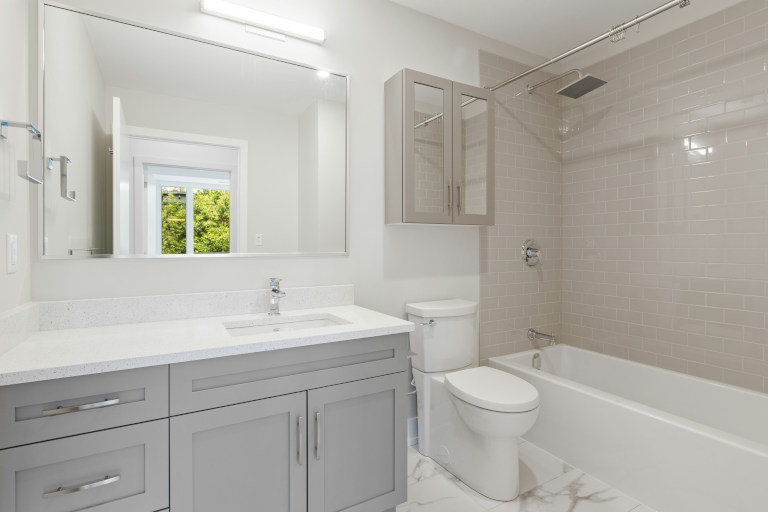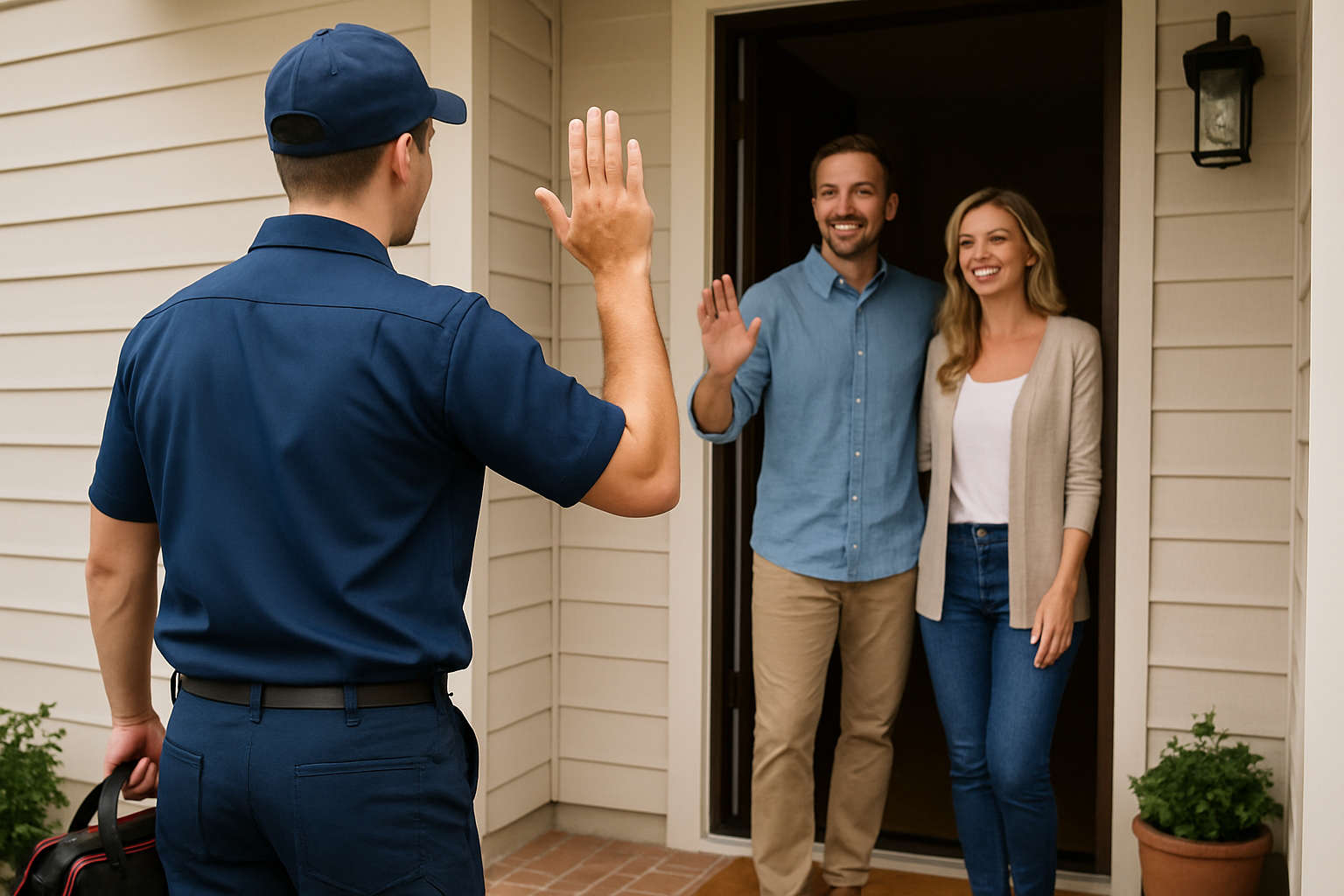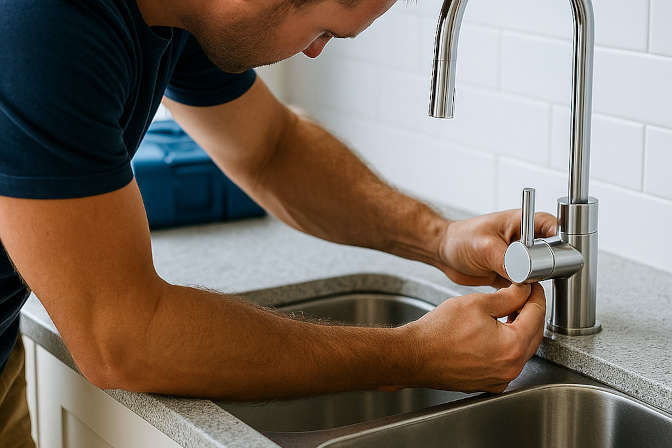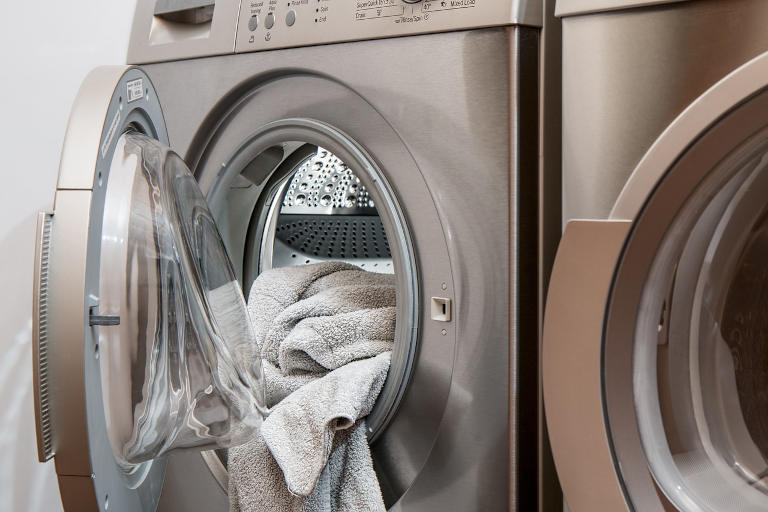Frequently Asked Questions
These FAQs might help you solve the problem on your own, but give us a call if you need more help!

How do I repair a leaky faucet?
First, turn off the water supply to the faucet. Remove the faucet handle and replace the washer or O-ring, which are often the culprits of leaks. After reassembling, turn the water back on and check for any leaks to ensure the repair was successful.
What should I do if my toilet is overflowing?
Immediately turn off the water supply to the toilet to prevent further flooding. Then, use a plunger to try to unclog it. If the toilet continues to overflow or the blockage remains, it's best to contact a plumber for professional help.
How can I prevent my pipes from freezing in winter?
Insulate exposed pipes, especially in unheated areas like basements and attics. Keeping your home warm and allowing faucets to drip slightly during extreme cold can also help. Additionally, open cabinet doors to let warm air circulate around plumbing.
How can I prevent plumbing emergencies while I'm away from home?
To prevent plumbing emergencies while you're away from home, here are a few helpful tips:
- Shut off the main water supply: If you'll be gone for an extended period, turn off the main water supply to prevent potential leaks or flooding from unnoticed issues.
- Drain your pipes: After shutting off the water, drain the remaining water from faucets, toilets, and appliances like washing machines or dishwashers. This helps prevent the risk of leaks or water damage.
- Set your thermostat to a safe temperature: Keep your home's temperature above 55°F (13°C) to avoid freezing pipes, especially in unheated areas like basements or attics.
- Inspect for leaks before leaving: Check for any visible leaks, dripping faucets, or running toilets. Fixing these small issues before you leave can prevent bigger problems later.
- Consider a smart water shutoff system: Installing a smart water monitoring or shutoff system can alert you to any issues or automatically shut off the water if a leak is detected, even when you're away.
By taking these precautions, you can reduce the likelihood of plumbing issues occurring while you're not home.
What are the signs of a plumbing leak?
Look for water stains on ceilings or walls, damp spots on floors, or a sudden increase in your water bill. These can be indications of a leak that may require immediate attention from a professional to prevent further damage.
How do I know if I need a new water heater?
If your water heater is over 10 years old, leaking, or failing to heat water effectively, it may be time for a replacement. Consulting a plumber can provide a thorough assessment and help you understand your options for a new unit.
How often should I get my sewer lines cleaned?
It's generally recommended to have your sewer lines cleaned every 1 to 2 years, depending on factors like usage and the age of your plumbing system. Regular cleaning can help prevent serious clogs and costly repairs down the line.
What can I do to maintain my plumbing system?
Regularly inspect your home for leaks, clear debris from drains, and avoid flushing inappropriate items down the toilet. Scheduling periodic professional inspections can also help catch issues before they escalate.
Is it normal for my water bill to fluctuate?
Yes, fluctuations can occur due to seasonal changes, increased household usage, or even leaks. If you notice a significant increase that doesn't align with your usage patterns, it may indicate a plumbing issue that needs investigation.
What should I do if I have low water pressure?
Check for any visible leaks or blockages in your fixtures, as these can often cause low water pressure. If everything appears normal, it’s advisable to contact a plumber to investigate further, as it could be a sign of a larger issue.

